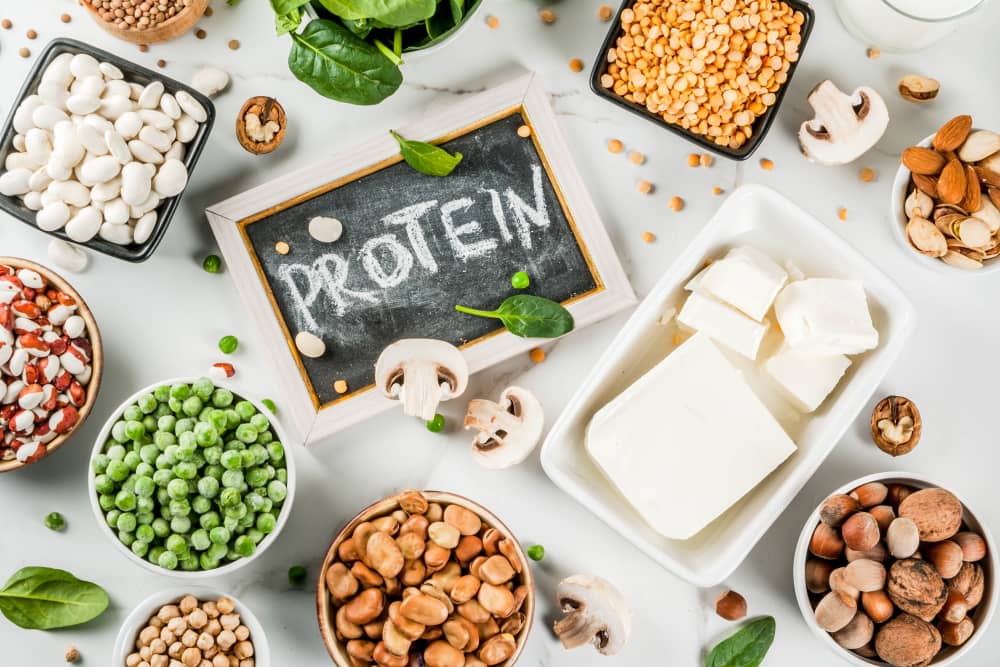
Calories in Protein
Protein is an essential part of any diet. How can we ensure though that we get all the benefits without taking on too many calories?
Why is Protein Important?
Alongside carbohydrates and fat, proteins are the third major component of our diet. Proteins play a vital role in building and repairing the cells in your body. Your muscles, your organs, and the outer layers of your hair, nails and skin are all made from protein.
Protein also plays a vital role in the proper functioning of your blood, making antibodies and haemoglobin, which is crucial for delivering oxygen to your blood cells. If you are working out, then protein helps build muscles, increase strength, and improves performance.
What Foods Contain Protein?
There are a limited number of foods that can supply protein in significant quantities:
- Meat
- Fish
- Eggs
- Milk
- Meat
- Nuts
- Beans
Excessive Protein
Proteins have been in the news lately because of the popularity of high protein diets. While many people swear by them for weight loss, physicians have been busy denouncing them because of the potential health problems associated with excessive protein intake.
As with most things, the truth lies somewhere in between. There is no doubt that a very high protein diet, with a dramatic reduction in the consumption of carbohydrates, can lead to health problems. Carbohydrates are our number one source of energy, and carbohydrates, including vegetables, fruits and whole, grains, contain a host of essential vitamins and minerals.
On the other hand, an increase in protein consumption, if accompanied by a decrease in the consumption of simple carbohydrates (sugar, sweets, white flour products) can definitely contribute to healthy weight loss.
Most Popular
You may also be interested in...
High Protein Diet Plans
Looking for good high protein diet plans online is not always easy, but find out more about losing weight and slimming through diet with slimmming.co.ukEating Healthy Foods
Find more on eating healthy foods and how to look for nutritional foods. Slimming.co.uk has informative slimming and dietary advice whatever your requirements.Protein For Vegetarians
What are your protein needs? It’s obvious that your body needs protein but how much is considered enough for vegetarians?Eating the Right Foods
Discover how Eating the right diet foods can really help you combat overweight. With slimming you can speed up the results and get health back quicker...Calories in Eggs
As part of the protein food group, eggs are great for boiling, frying, poaching and scrambling. Find out more about the calories in eggs using slimming.co.uk.
